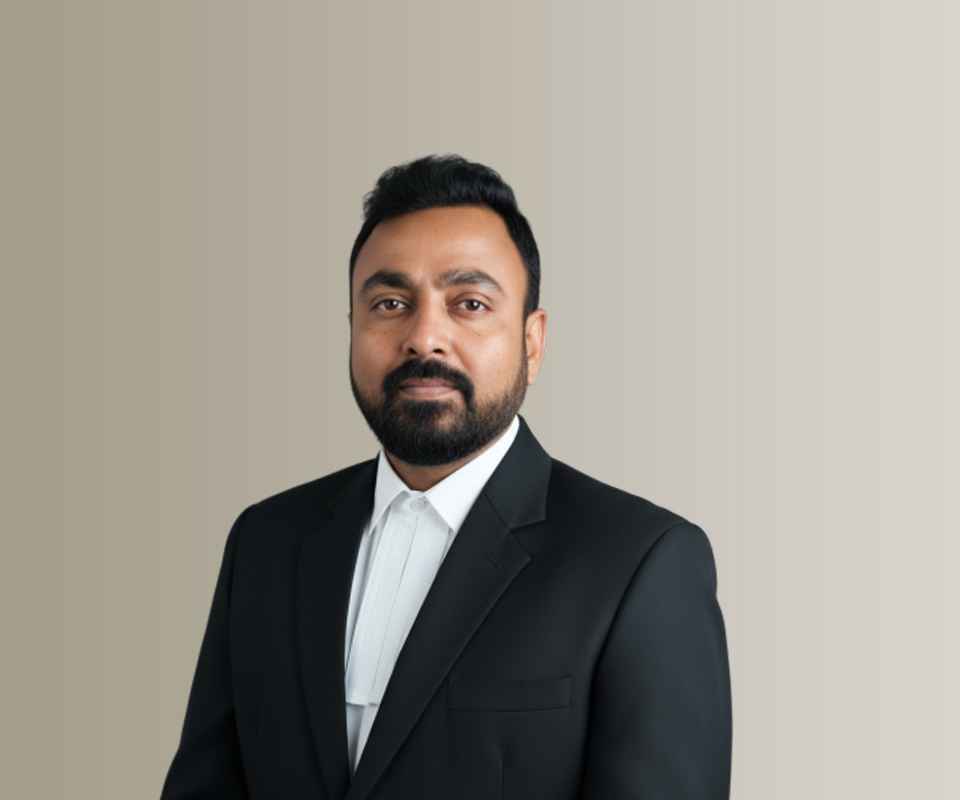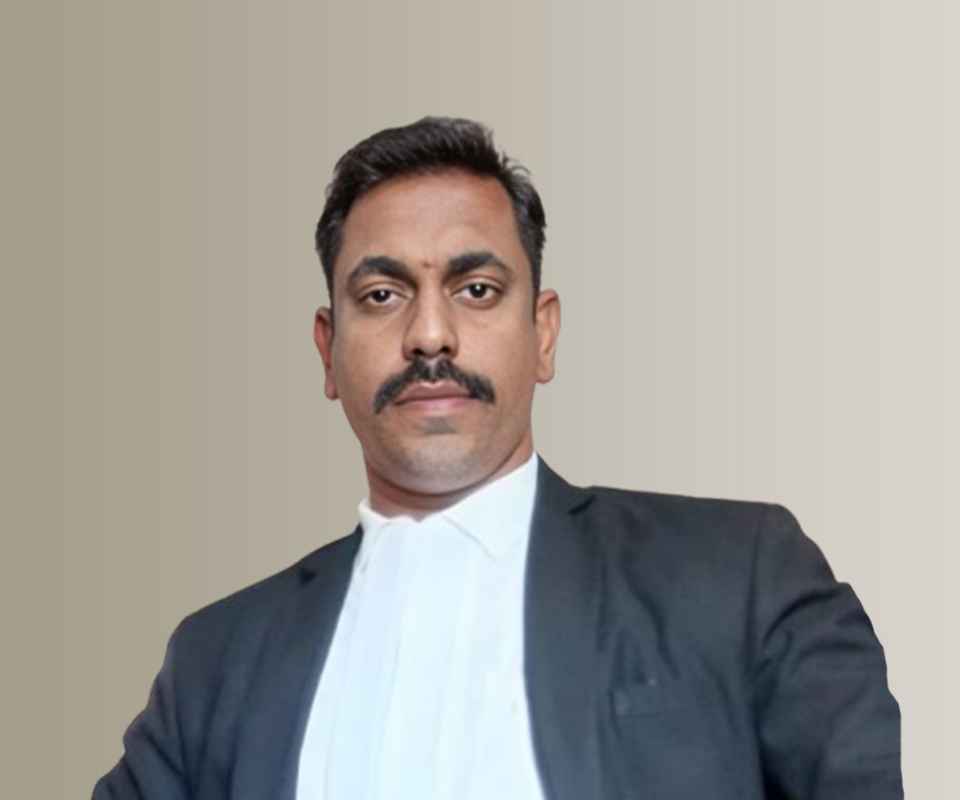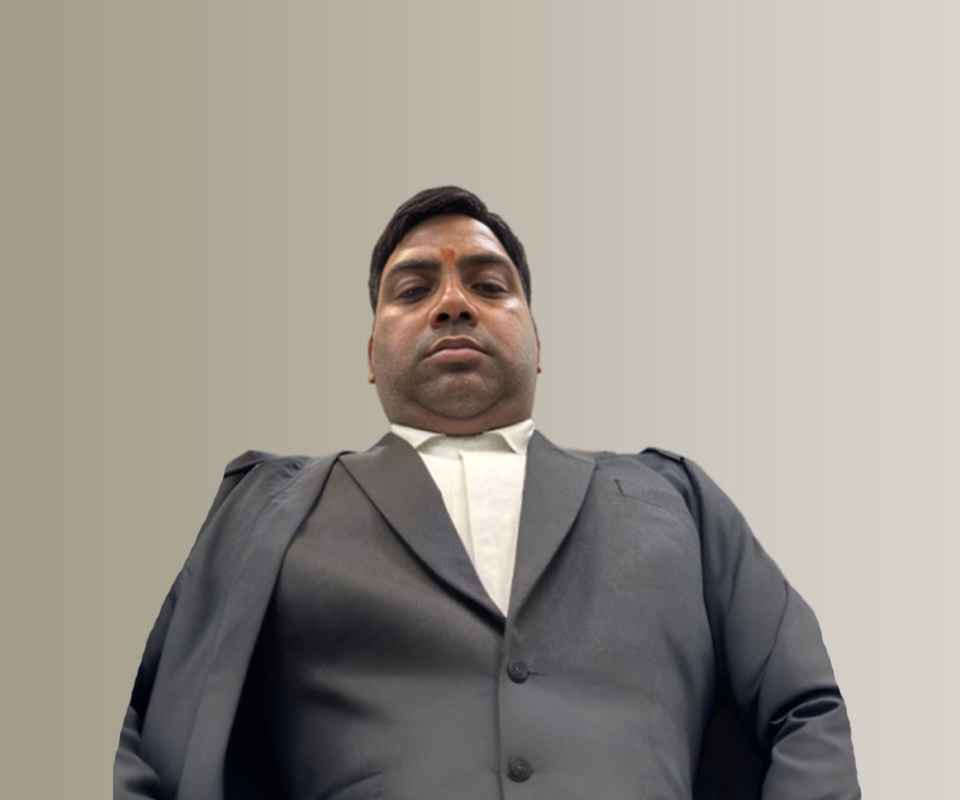Answer By law4u team
Impersonating a doctor—or practicing medicine without the appropriate qualifications, license, or degree—is a serious criminal offense in India. Fake doctors deceive patients into believing that they are qualified medical professionals, often causing harm to health. The Indian Penal Code (IPC) defines and punishes this fraudulent act to protect the public from medical malpractice and unsafe practices. Legal provisions aim to penalize individuals who pose as doctors without proper credentials.
Punishment for Impersonating a Doctor Under Indian Law:
1. Legal Provisions Under the Indian Penal Code (IPC):
Section 419 - Impersonation:
Impersonating a doctor is a criminal offense under Section 419 of the IPC. This section deals with individuals who impersonate someone else (in this case, a medical professional) to deceive others.
The punishment for this offense can include imprisonment for up to 1 year, or a fine, or both, depending on the circumstances of the crime.
Section 420 - Cheating:
If the fake doctor cheats patients by misleading them about their qualifications and providing false medical treatment, they can also be charged under Section 420 of the IPC.
The punishment for cheating can be imprisonment for up to 7 years and a fine.
Section 338 - Causing Hurt by Act Endangering Life or Personal Safety:
If a fake doctor’s actions result in harm or injury to a patient, they may face charges under Section 338 of the IPC.
The penalty can include imprisonment for up to 2 years or a fine, or both.
Section 304A - Causing Death by Negligence:
If a fake doctor’s treatment causes the death of a patient, they can be charged under Section 304A of the IPC. This section applies to cases where death is caused by negligence or recklessness.
The punishment includes imprisonment for up to 2 years or a fine, or both.
2. Additional Legal Actions and Consequences:
Suspension of License and Revocation of Practice:
If the individual is found to have been practicing under a fraudulent medical degree or fake certification, they will face revocation of any medical license (if issued), and their practice will be suspended permanently.
Consumer Protection Act:
Patients harmed by the actions of fake doctors can also seek compensation under the Consumer Protection Act, 2019, for receiving substandard or fraudulent medical services.
3. National Medical Commission (NMC) and State Medical Council Actions:
Fake doctors found operating in India can be reported to the National Medical Commission (NMC) or the relevant State Medical Council. These bodies have the authority to investigate fraudulent medical practices and take legal action, which can lead to fines, imprisonment, and banning the individual from practicing medicine.
Example:
Dr. R, who had no medical qualifications, set up a private clinic in a small town and falsely advertised himself as an MBBS doctor. He treated patients for common ailments, charged fees, and even performed minor surgeries. After multiple complaints, an investigation revealed that Dr. R had no formal medical education. He was arrested and charged under Section 419 (Impersonation) and Section 420 (Cheating) of the IPC. The court sentenced him to 2 years in prison and imposed a ₹1 lakh fine. His clinic was closed, and the patients he had treated were advised to undergo proper medical check-ups.







